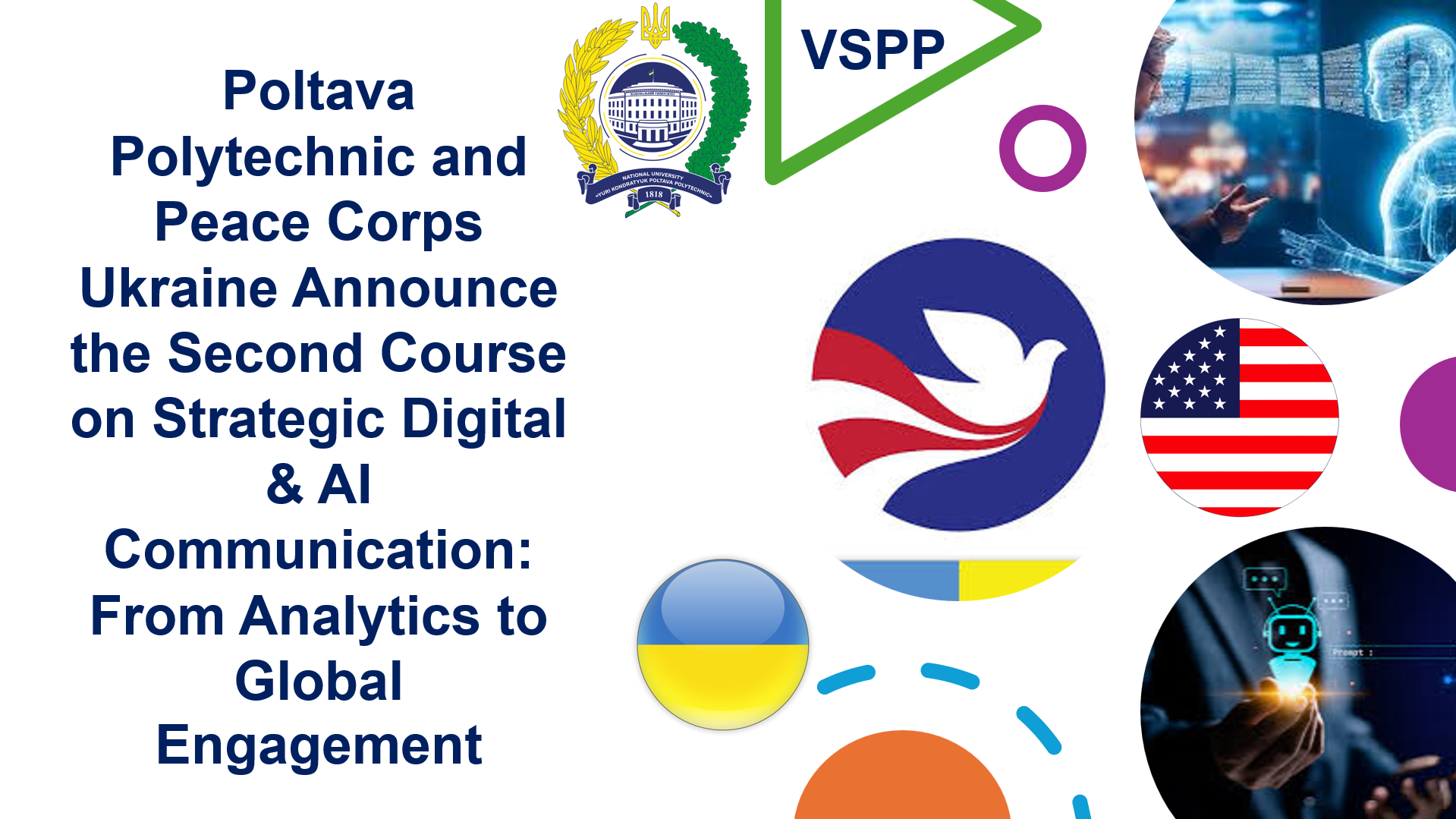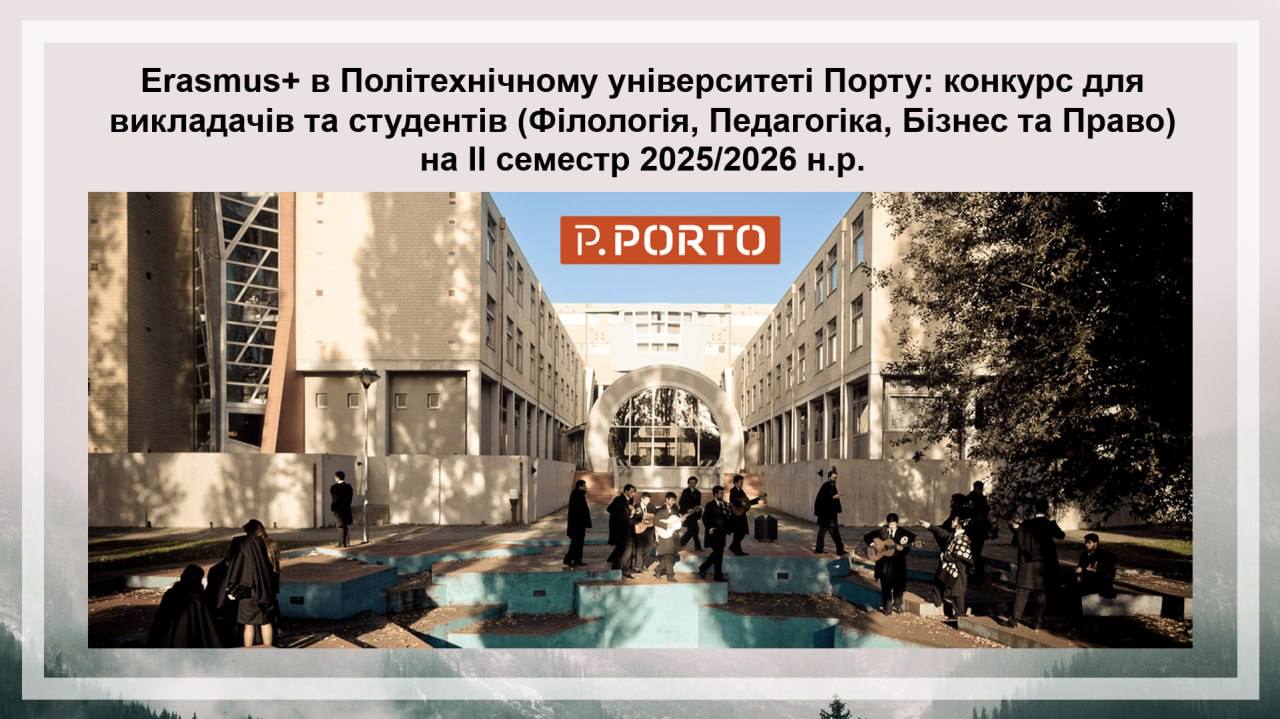The Summer School of Polish Language and Culture organized by NAWA is an excellent opportunity for young people to gain new, high-quality knowledge and interact with students from around the world.
The program is open to students who are already learning Polish as well as those who wish to start. Scholarship recipients are selected through an annual competition, for which it is necessary to fill out an application on the website of the Polish National Agency for Academic Exchange.
Mandatory requirements include writing a motivation letter in Polish or English, adding university enrolment certificates, and a recommendation letter. Under the NAWA program, students study and live in Poland for free for a month and receive a one-time scholarship.
“We studied in the small town of Cieszyn on the border with the Czech Republic, at a branch of the University of Silesia. On weekdays, we had intensive Polish language classes, lectures on Polish culture, history, language, traditions, etc., and in the evenings, we attended cultural events such as Polish film screenings, poetry evenings, and cultural and national gatherings,” shared student Iryna Lobko.
Based on Polish language proficiency tests, students were grouped accordingly. Studying at the Summer School was intensive and engaging. After completing the program, the students received certificates confirming their academic achievements and the courses attended.
Master’s student of the Humanities Faculty, Nelia Bechkalo shared details about her experience participating in international educational programs and her impressions of studying abroad.
“Among the students at the Summer School of Polish Language and Culture, there were many from China, Japan, and Korea. In my opinion, learning about other countries’ cultures helps to better understand the culture and history of your own nation.
After participating in this project, I concluded that you should not limit yourself in what you can learn. You never know where you will be next or what you will be doing. Every person carries something valuable within them, and it’s important to remember that.
For us and our teachers, it was an interesting experience because they were learning too. The classes were very interactive: we sang, danced, played Kahoot, and used all media technologies. The teachers were always with us at events, helping to organize cultural evenings. It’s like a summer camp for adults, but with Polish language learning. We were constantly immersed in a Polish-speaking environment, and even those who didn’t know the language started speaking. Studying at the Summer School gave me a strong push to master the language even more intensively. Studying at the university has become even more interesting. By the way, this is not my first participation in educational programs abroad.”
What advantages does the educational program from the Polish government offer?
“This program is only for students. While in our country a student is typically 18-23 years old, there I met a 45-year-old woman – a translator who, knowing ten languages, decided to learn Polish. Age stereotypes are challenged there, and you meet very interesting people. Besides, it’s a great opportunity to broaden your horizons, travel to interesting places, and make new friends. Participants in this program receive a scholarship of 50 zlotys, with free meals and accommodation. This amount was quite enough for shopping and excursions.”
Tell us about the learning process. Were there any difficulties?
“This year, we had two Polish language classes and two cultural lectures daily. It’s worth noting that we could choose the topics of the classes. While studying Polish, we learned grammar, did writing exercises, and composed dialogues. Everything depends on the language proficiency level. This year, the requirements for us increased – we organized discussions and debates. In general, there is a trend of growing interest in the program, with over 225 participants from different countries this year. After completing the Summer School of Polish Language and Culture, participants receive certificates confirming their academic achievements and the completion of a four-week course. It was a great opportunity to combine learning and travel. I recommend my peers to participate in such programs, as they promote self-development and positive motivation.”
Tell us about the leisure activities. Where did you manage to visit during your time at the school?
“On weekends, we usually visited museums, theaters, and enjoyed opera. The events were organized by the teachers, who were always ready to help. This year, on a day off, our group went to Prague. Buses run every hour, making transportation convenient. Students under 26 of all nationalities get a discount on train travel, although not all carriers offer this discount. Poles love to relax – on Sundays, almost nothing is open, and on weekdays, establishments close around 6-7 PM. Sunday is family time. Last year, we had a bike tour organized. Overall, everything is designed for people – recreation areas, bike paths, pedestrian zones.”
During the month-long program, participants of the Summer School visited Polish cities such as Krakow and Katowice, the Auschwitz museum, and the Tarnowskie Gory mine museum, where they got acquainted with Polish cuisine, traditional clothing, and lifestyle.
A new country means new acquaintances and friends. Do you keep in touch with the Summer School participants after the project?
“Of course, we communicate on social media and correspond. Some participants I met in 2017, I saw again the following year at the same school. I also have foreign friends: a student from the Czech Republic, Tadeusz, visited Kyiv, and I showed him around the city. He loves Ukraine very much, often posts themed greetings for Ukrainian holidays, reads Ukrainian books, and learns the language. I remember how happy he was to meet someone he could practice the language with.”
Will you participate in the NAWA educational program this year?
“Studying for a master's degree in Translation, I have the opportunity to improve my language skills by attending the Summer School. So, I will definitely apply for participation this year.”
What would you like to wish Ukrainian students?
“Never stop at what you have achieved; strive for more. You can wait for success, or you can become successful by working on yourself and your intellectual development.”
Students wishing to participate in this program in 2020 can fill out an application in Polish or English on the NAWA website.








Media Center of
National University “Yuri Kondratyuk Poltava Polytechnic”



